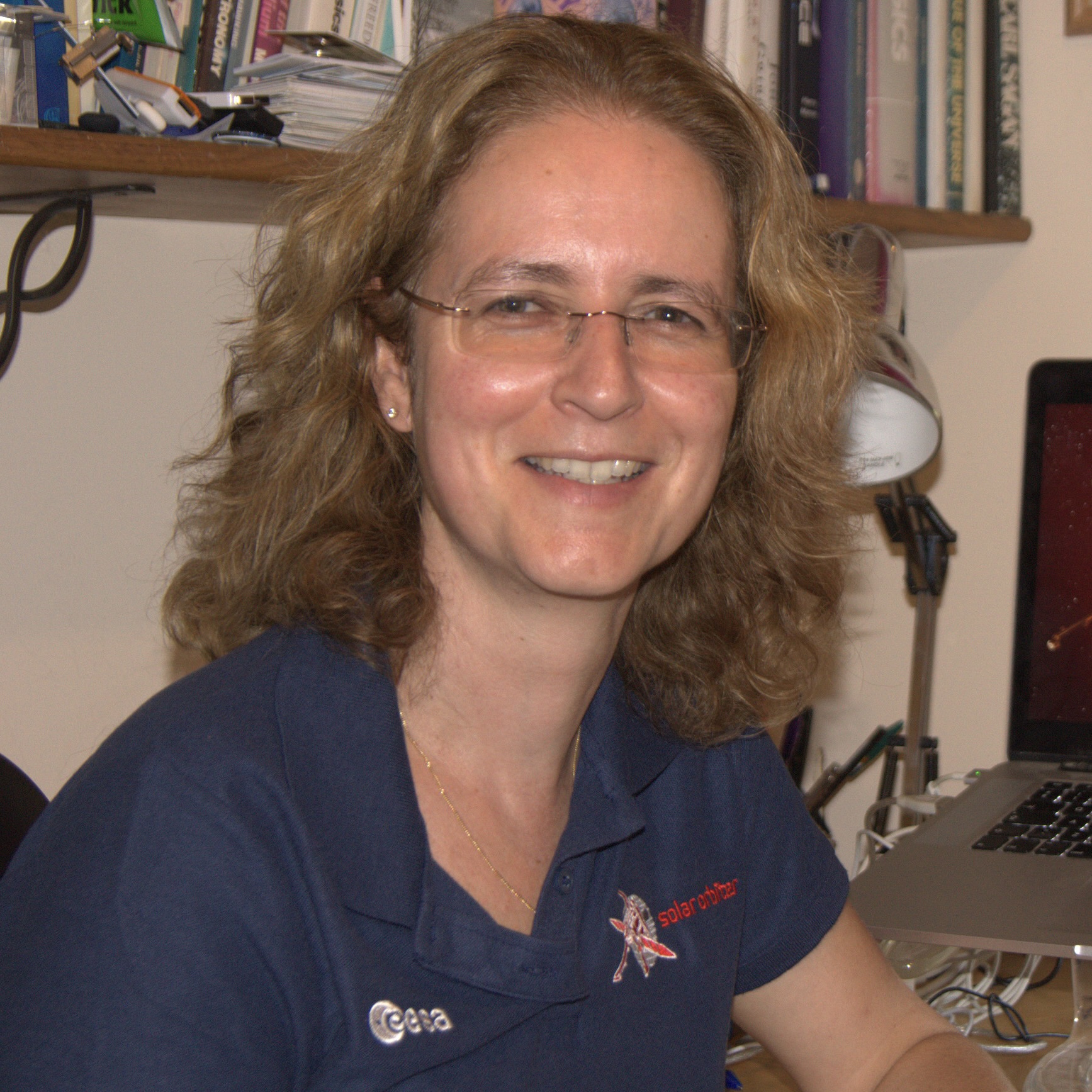You are not currently logged in. Please create an account or log in to view the full course.
Nuclear Reactions on the Sun
- About
- Transcript
- Cite
Solar and Space Physics
In this course, Professor Louise Harra (ETH Zürich) explores solar and space physics. In the first mini-lecture, we introduce the layers of the Sun and the nuclear reactions that take place within it. In the second mini-lecture, we discuss the magnetic properties of the Sun, including sunspots and solar flares. In the third mini-lecture, we introduce the basic equations that describe orbiting objects and consider some of the spacecrafts orbiting our Sun, such as NASA’s Parker Solar Probe and the European Space Agency’s Solar Orbiter. The fourth mini-lecture turns towards space weather as we discuss interactions of the Sun’s and Earth’s magnetic fields, the aurora borealis, and impacts of space weather on Earth. In the fifth mini-lecture, we discuss how space exploration can benefit the technologies we use on Earth. Finally, in the sixth mini-lecture, we consider the wide range of careers in science and space, and how to get involved.
Nuclear Reactions on the Sun
In this mini-lecture, we explore the layers of the Sun and the nuclear reactions that take place within it. As we move through this mini-lecture, we consider: (i) the Sun’s core and it’s properties; (ii) nuclear fusion of hydrogen into helium in the Sun’s core; (iii) layer’s of the Sun, particularly the core, radiative zone, and convection zone, as well as their properties; and (iv) an animation of convection in the sun.
Cite this Lecture
APA style
Harra, L. (2022, February 11). Solar and Space Physics - Nuclear Reactions on the Sun [Video]. MASSOLIT. https://massolit.io/courses/solar-and-space-physics/benefits-of-space-exploration
MLA style
Harra, L. "Solar and Space Physics – Nuclear Reactions on the Sun." MASSOLIT, uploaded by MASSOLIT, 11 Feb 2022, https://massolit.io/courses/solar-and-space-physics/benefits-of-space-exploration

